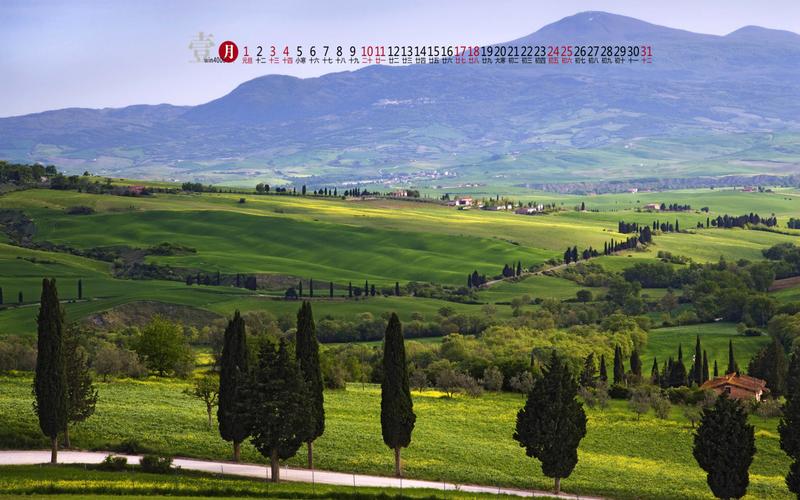Ethiopia is a land of ancient traditions, rich cultural heritage, and unique customs that have survived the test of time. Located in the Horn of Africa, this magnificent country is home to over 80 different ethnic groups, each with its own distinctive language, music, dance, and cuisine. This diversity is what makes Ethiopia an exceptional tourist destination, offering an experience that is truly out of the ordinary.
One of the best things about Ethiopia is the fact that it has managed to preserve its cultural heritage despite the influence of modernity. The country’s deep-rooted traditions and customs are still observed today, providing an unparalleled window into the past. For instance, the practice of coffee ceremonies is a tradition that has been handed down from generation to generation. It involves roasting coffee beans and serving the drink to guests in small cups. This ritual is an excellent example of Ethiopia’s rich culture, showcasing the importance of hospitality, sharing, and community.
The ancient city of Lalibela is also a testament to Ethiopia’s preserved cultural practices. This UNESCO World Heritage Site boasts eleven rock-hewn churches that were constructed in the 12th century. What makes them unique is the fact that they were carved from solid rock, without the use of any mortar. These churches are still used for worship today, and visitors can observe how deeply embedded religion is in the country’s culture.
The Omo Valley is another perfect example of Ethiopia’s preserved cultural heritage. This remote region is home to some of the country’s most distinctive tribes, including the Hamar, Karo, Mursi, and Dassanech. Each tribe has its own set of traditions, customs, and beliefs that have remained unchanged for centuries. Visitors can witness the spectacle of body painting, bull jumping ceremonies, and other fascinating rituals that these tribes hold dear.
Ethiopia is also known for its magnificent festivals, which are celebrated with zeal and enthusiasm across the country. The Timket festival or Epiphany is a prime example. This festival commemorates the baptism of Jesus Christ in the Jordan River and is celebrated with great pomp and splendor. The highlight of the festival is the procession of priests, who carry replicas of the Ark of the Covenant from the church to the nearby river.
In conclusion, Ethiopia’s cultural heritage is a treasure trove of traditions, customs, and practices that have managed to endure despite the passage of time. By preserving these practices, Ethiopia has created something truly unique – a living, breathing testament to its rich history and culture. Whether it’s the coffee ceremony, the rock-hewn churches of Lalibela, or the colorful festivals that are held throughout the year, visitors to Ethiopia can expect to be delighted and captivated by the country’s rich cultural heritage.
(Note: Do you have knowledge or insights to share? Unlock new opportunities and expand your reach by joining our authors team. Click Registration to join us and share your expertise with our readers.)
Speech tips:
Please note that any statements involving politics will not be approved.
